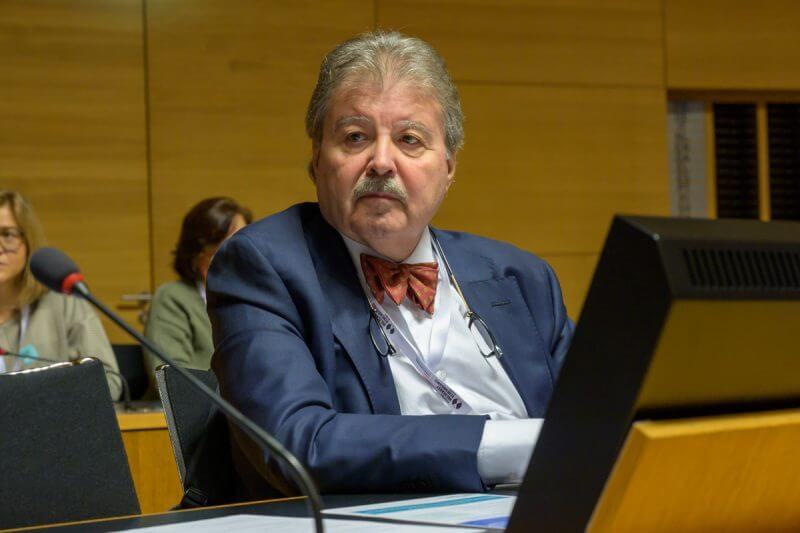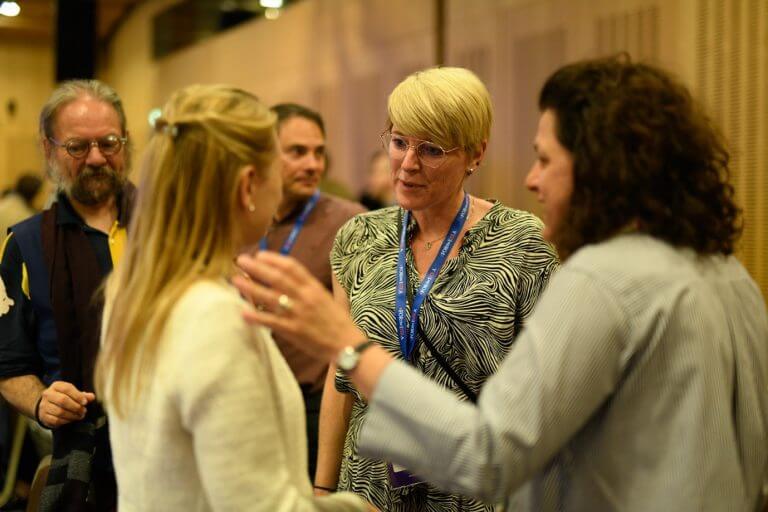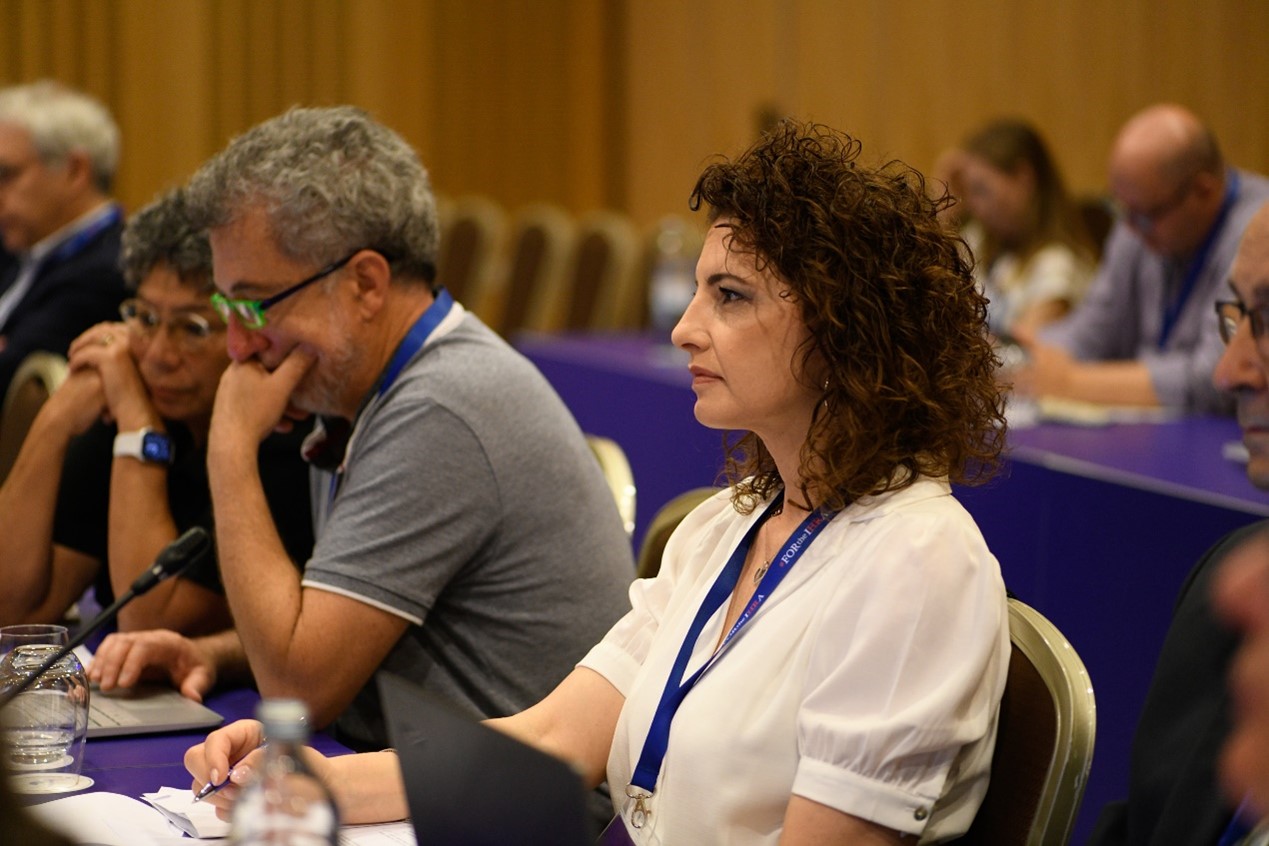
The IHRA launches new resources and grows its membership at Thessaloniki Plenary
Thessaloniki, 10.11.2021. The International Holocaust Remembrance Alliance (IHRA), under the Greek Presidency, has successfully concluded its second set of plenary meetings. Held on the anniversary of the 1938 November Pogroms, the meetings focused on countering Holocaust distortion, facilitating access to Holocaust collections, and growing the IHRA membership. Originally due to be hosted in Thessaloniki, the meetings were held virtually, and brought together over 250 experts, members of civil society and political representatives from around the world to learn about innovative ways to advance education, remembrance and research of the Holocaust and the genocide of the Roma, as well as recent developments in the field.
IHRA Chair Ambassador Chris J. Lazaris, in commemoration of the November Pogroms, underlined the importance of the IHRA’s work during his opening remarks to the Plenary Session.
“On this day, eighty-three years ago, Nazi leaders unleashed a wave of violent anti-Jewish pogroms,” he said. “This wave of hate led to even more. Eighty-three years later, we know what the consequences of this hatred were – and we work to make sure it never happens again.”
Addressing the IHRA’s delegates in a welcome message, Greece’s Minister of Foreign Affairs, Nikos Dendias said: “Unfortunately, antisemitism feeds on ignorance, fear, feelings of inadequacy and conspiracy theories. Even the most advanced and sophisticated societies remain vulnerable to these evils. Hence, the ‘pandemic’ of fake news, conspiracy theories and hate speech is spreading on the Internet and social media. We have an obligation to do our utmost to stop this new ‘pandemic’.”
The meetings saw the introduction of a number of important IHRA resources. “Guidelines for Identifying Relevant Documentation for Holocaust Research, Education and Remembrance” were adopted by the Plenary, the IHRA’s decision-making body. This resource aims to encourage archivists and researchers to take a broader view of what they might consider Holocaust-related materials, thereby facilitating access to this important documentation. A public launch of the Guidelines will be held in early 2022.
A short film “Holocaust Distortion: A Growing Threat” and a new publication, Understanding Holocaust Distortion: Contexts, Influences and Examples were also launched. The launch event featured a screening of the film as well as a panel discussion with Brigitte Bailer of the Austrian Delegation, Ambassador Victor Micula, Head of the Romanian Delegation, and Robert Williams of the United States Delegation.
The experts within the the IHRA’s Working Groups and Committees focused closely on how to implement the IHRA’s recently developed tools, such as those on Holocaust distortion and the working definition of antigypsyism/anti-Roma discrimination, and discussed IHRA grant projects such as the exhibition #fakeimages. The urgency to advance research on the genocide of the Roma was raised, along with efforts to counter Holocaust distortion and antisemitism in schools and in football stadiums. Challenges related to how to best implement digitally advanced technologies like virtual and augmented reality in Holocaust memorials and museums were also dealt with during the international gathering of the Member Countries’ renowned experts in the field.
The Plenary was pleased to welcome the Republic of North Macedonia as its thirty-fifth Member Country, as well as Brazil as its ninth Observer Country.
The meetings featured a number of side-events, including a lecture on current atrocities by Philippe Sands, and the screening of “Do not forget me” (2020), a documentary based on the book by the same title edited by Leon Saltiel, a historian of the Holocaust in Greece and member of Greece’s delegation to IHRA. The film was produced for the annual Dimitria festival, the leading cultural institution organized by the City of Thessaloniki.
Sign up to our newsletter to
receive the latest updates
By signing up to the IHRA newsletter, you agree to our Privacy Policy




